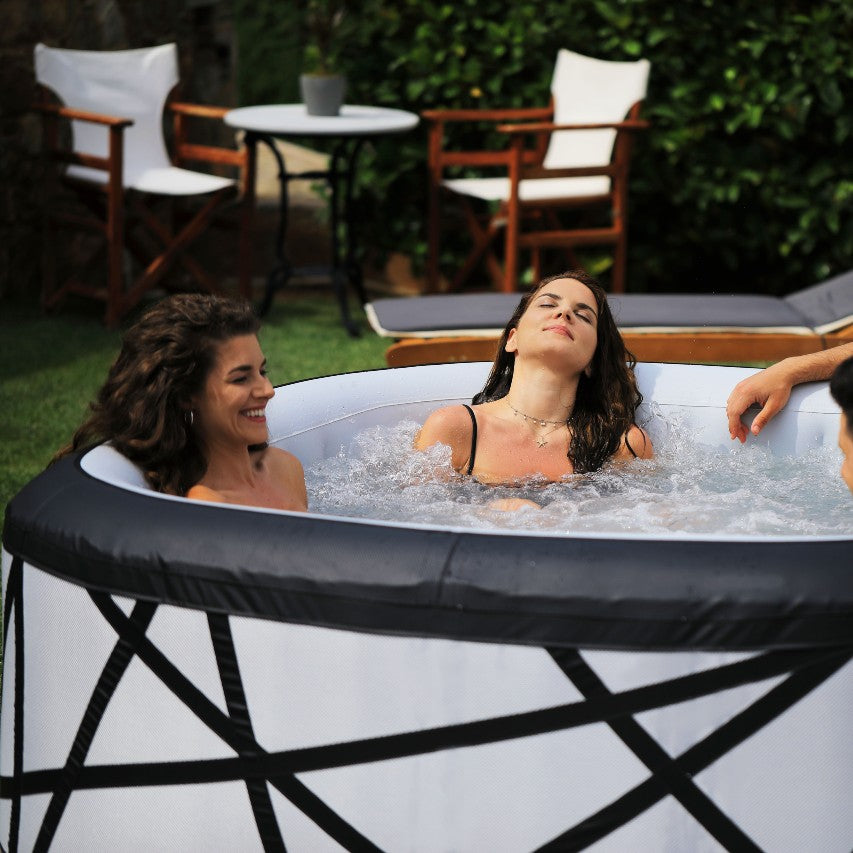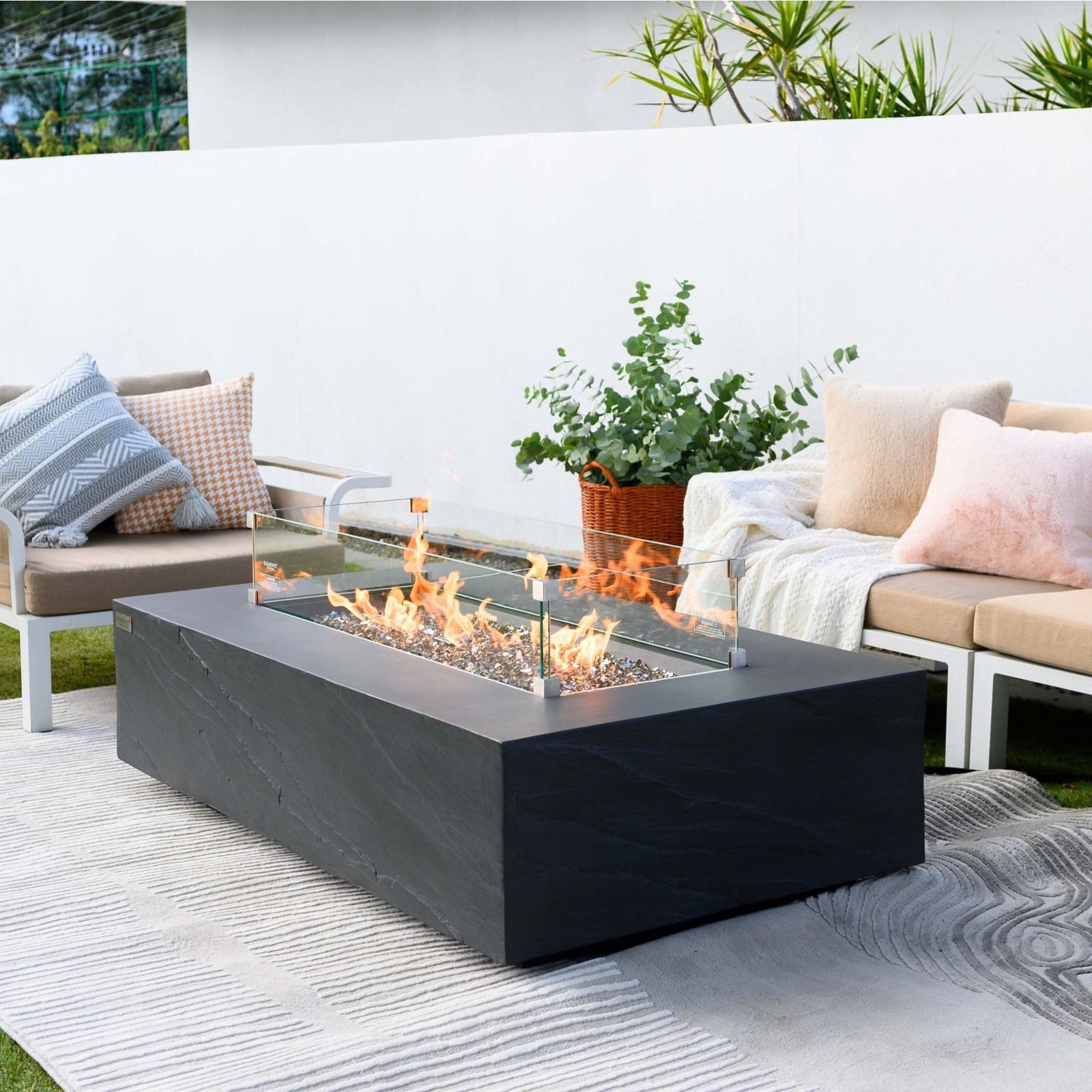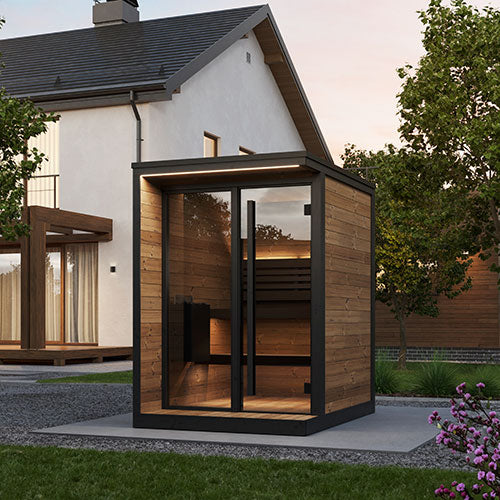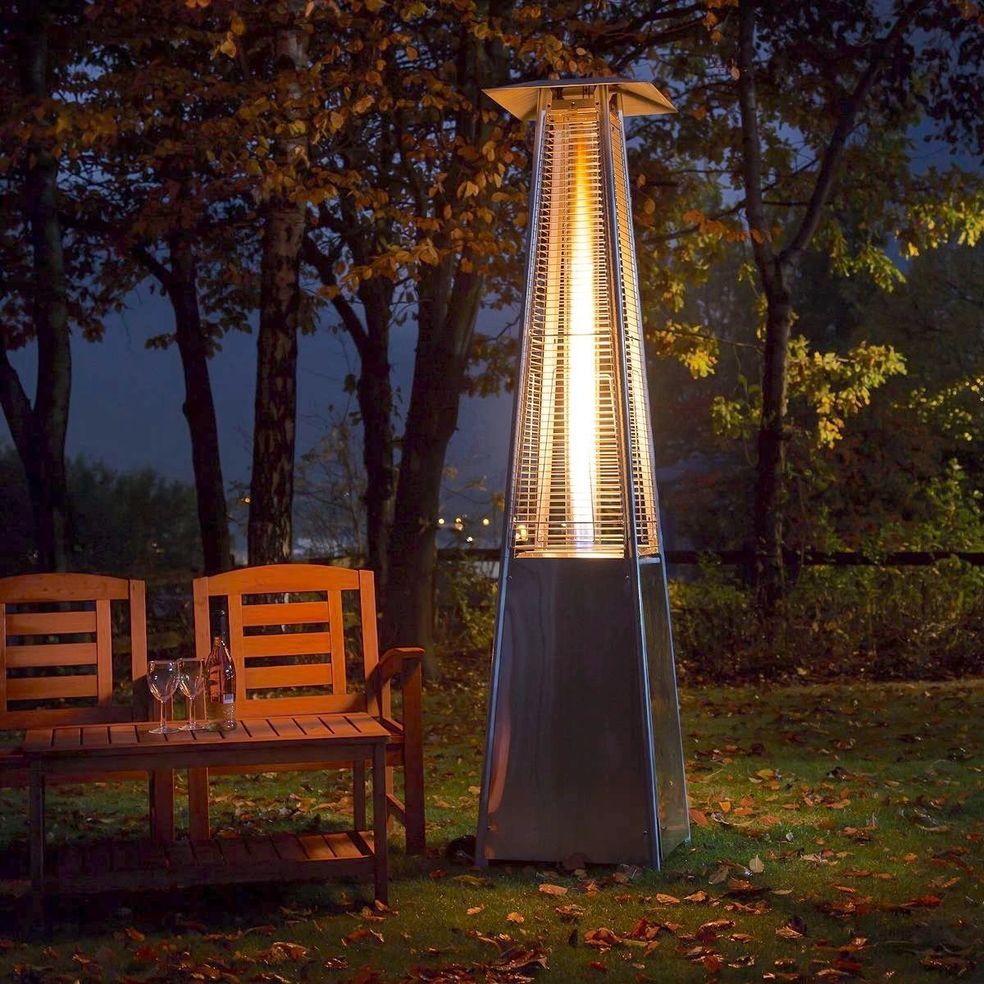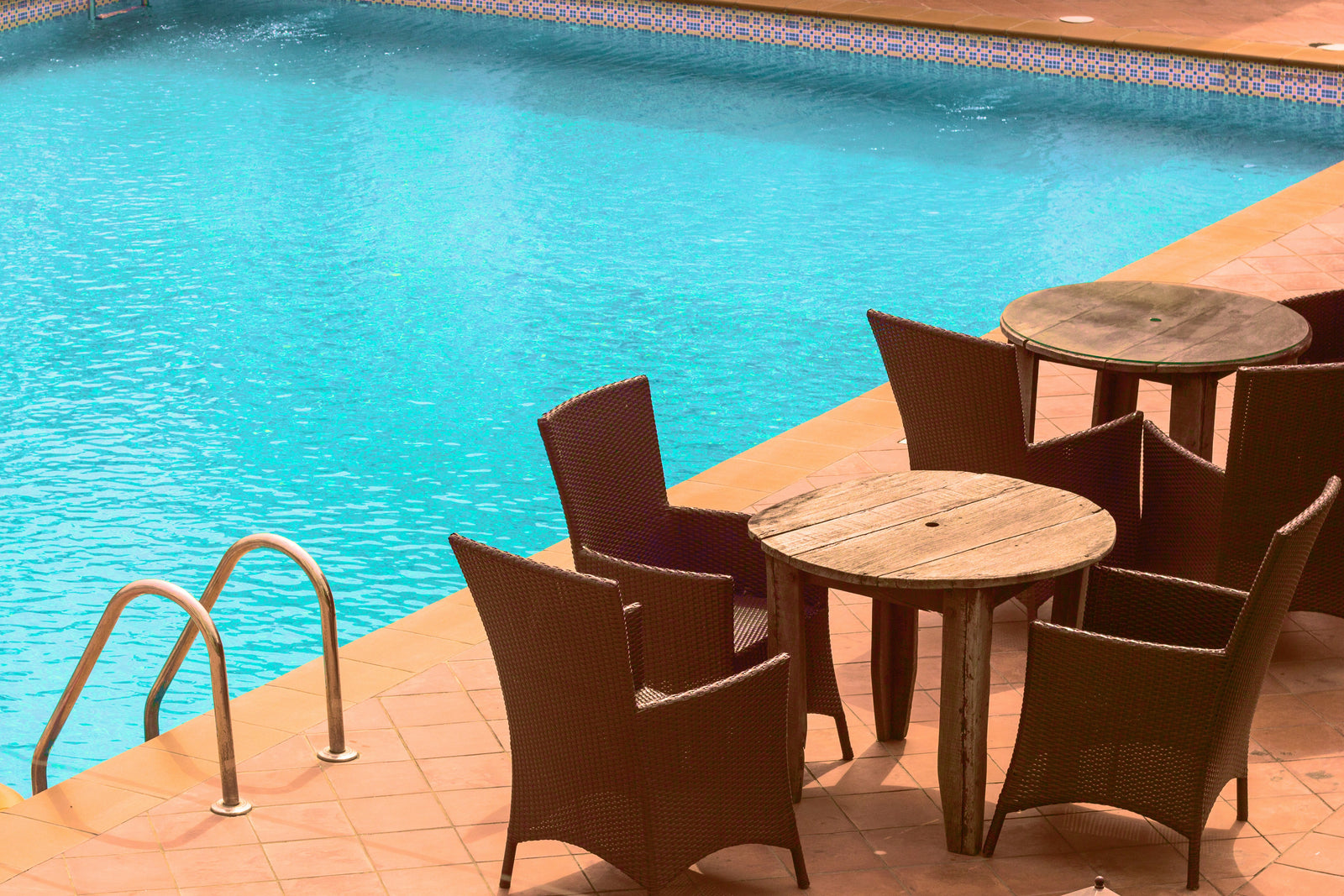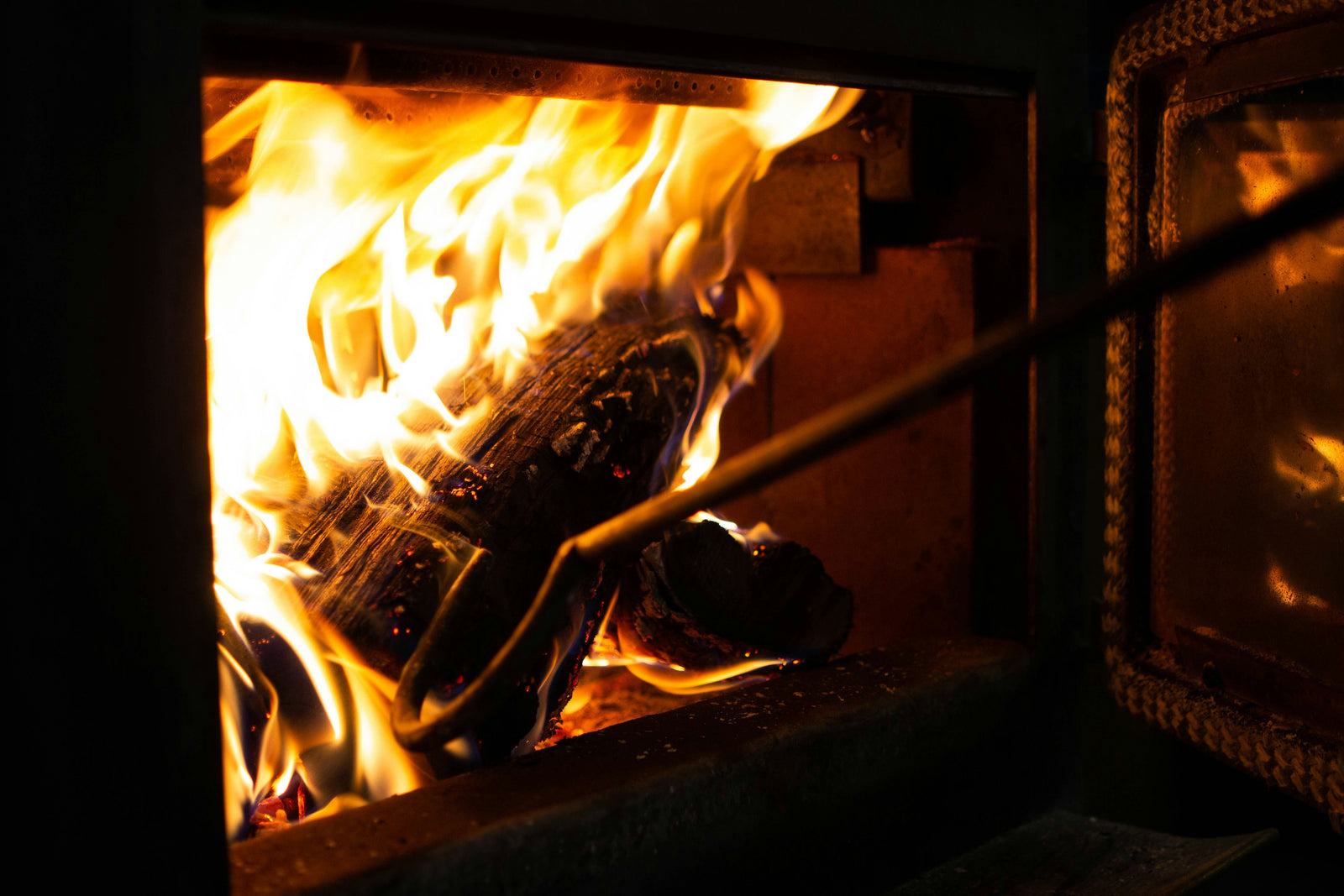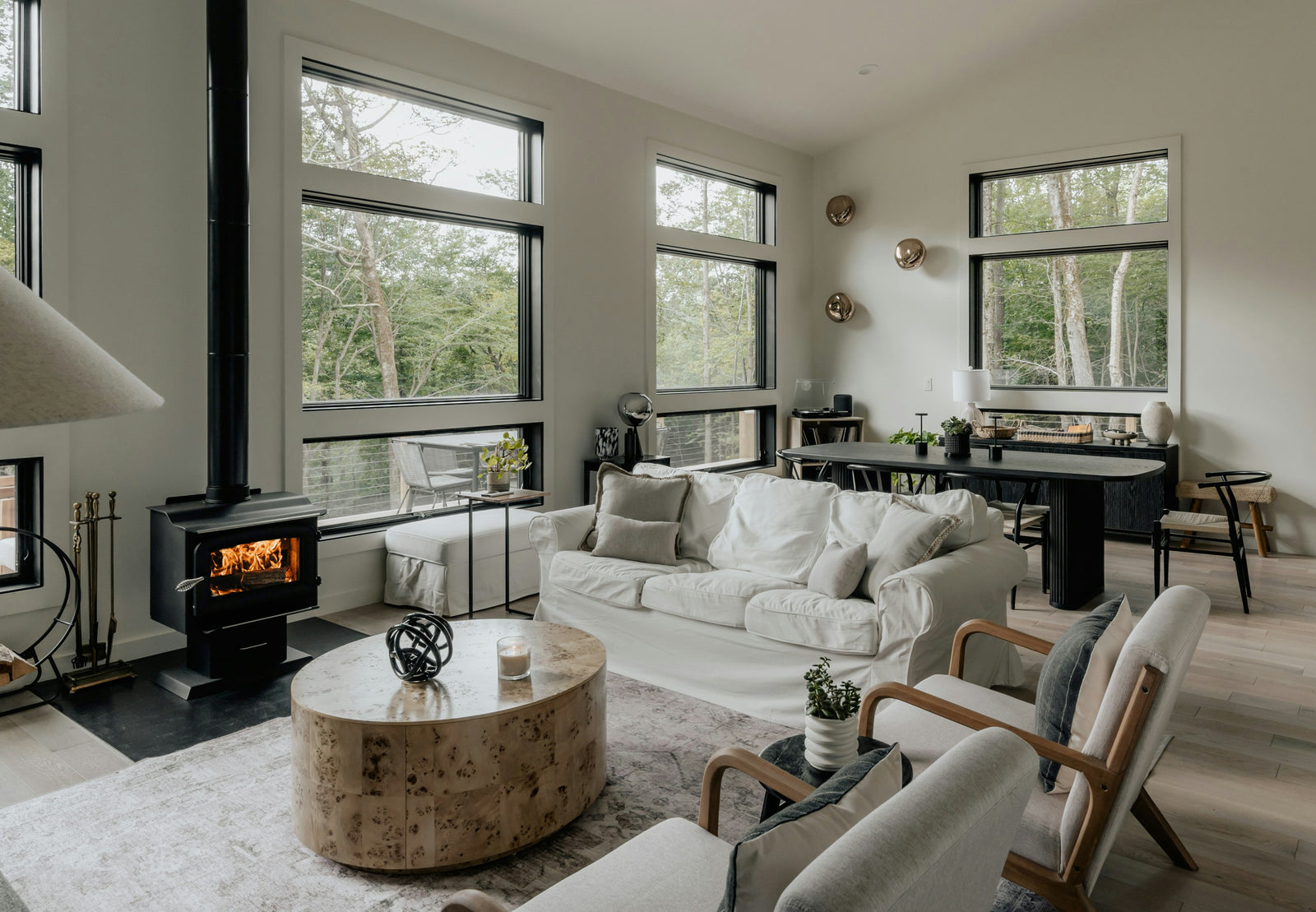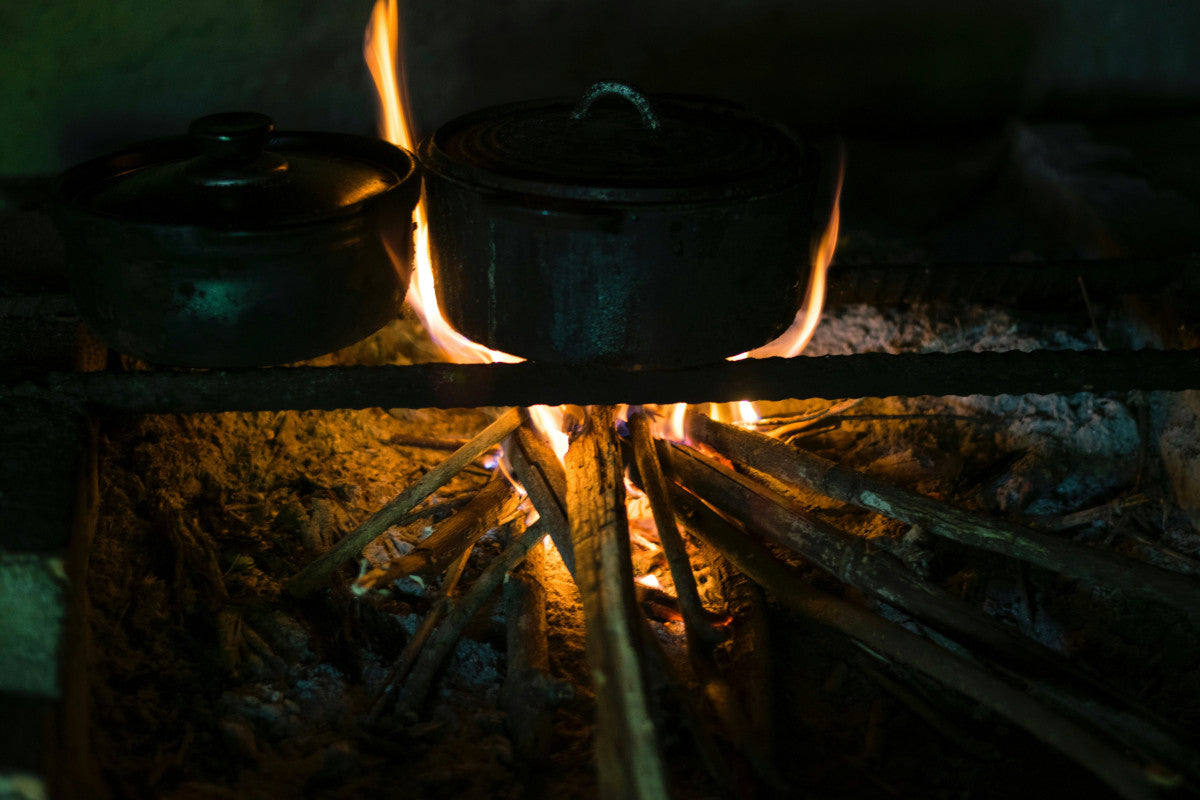A pool heat pump extends your swimming season, allowing you to make the most of your favorite feature in the backyard. Whether you use the pool to relax, entertain guests, exercise, or all of the above, keeping a comfortable temperature makes a world of difference.
While the upfront pool heat pump cost is undoubtedly an important consideration, we see so many people neglect to consider the cost to heat a pool - which is why the concept of pool heat pump efficiency is so important.
We’ve created this quick guide on how to run a pool heat pump efficiently to help you bring energy costs down without sacrificing the enjoyment of your pool.
You’ll also discover the most efficient pool heat pump on the market right now - theAquaCal HeatWave SuperQuiet heat pump. This investment will pay for itself within a few seasons. Learn more about the AquaCal pool heat pump lineup at Outdoor Direct today!
An Overview of Pool Heat Pump Efficiency
Understanding pool heater efficiency will save you money on your energy bills by using less electricity to heat your pool. To understand why, let’s start with the basics of how a pool heat pump works. It takes ambient heat from the environment and infuses it into your pool.
This is far more efficient than other approaches to heating a pool as we discuss in our heat pump vs gas pool heater guide. However, it does still take electricity to operate.
The specific pool heat pump electrical requirements, and subsequent energy costs, will vary from model to model. You can get a sense of just how efficient a unit is through its COP rating.
Coefficient of Performance (COP) Explained
The Coefficient of Performance (COP) is used to measure the efficiency of a pool heat pump. It represents the ratio of heat output to the amount of electrical energy input.
For instance, a heat pump with a COP of 5 generates five units of heat for every unit of electricity consumed. COPs typically range from 4 to 7 depending on the model and operating conditions. Higher COP values indicate greater efficiency, and while they’ll cost more upfront, you save money in the long run.
Factors Affecting Efficiency
Pool heat pump efficiency is influenced by a variety of factors, including:
- Ambient Temperature: Warmer air temperatures allow heat pumps to operate more efficiently, as there is more heat available to transfer to the pool water. Conversely, the pump has to work harder in colder climates, reducing its efficiency.
- Pool Size and Volume: Larger pools require more energy to heat, which can lower the overall efficiency if the heat pump is not appropriately sized for the pool. This also influences how long it takes to heat a pool and how warm a heat pump can get a pool.
- Heat Pump Quality and Technology: Modern pumps with advanced technology, such as variable-speed compressors and high-efficiency heat exchangers, tend to be more efficient. Investing in a high-quality heat pump can lead to better performance and lower operating costs.
- Installation and Maintenance: Ensuring the heat pump is placed in a location with good airflow and minimal obstructions can enhance performance. Regular maintenance, such as cleaning filters and checking refrigerant levels, also helps maintain peak efficiency.
- Insulation and Pool Cover Usage: Using a pool cover can significantly reduce heat loss, helping the heat pump maintain the desired temperature more efficiently. Insulating the pool area and equipment can also reduce energy consumption by preventing heat from escaping.
What is the Most Efficient Pool Heat Pump?

Given the role efficiency plays in operating costs, it’s well worth investing in the most efficient pool heat pump. Let’s look at the key factors to consider below along with our recommendation for the most energy-efficient pool heat pump before we get into how to run a pool heat pump efficiently.
Key Features of Efficient Pool Heat Pumps
As discussed earlier, a high COP indicates that the heat pump can produce more heat per unit of electricity consumed. Look for models with a COP of 5 or higher along with these other features that improve efficiency as well:
- Variable Speed Compressors: These pumps can adjust their output to match the heating needs of the pool. This enhances efficiency while reducing wear and tear on the system, extending the pool heat pump life expectancy.
- Advanced Heat Exchangers: High-quality heat exchangers made from durable materials like titanium maximize heat transfer while resisting corrosion, ensuring long-term performance.
- Intelligent Control Systems: Modern solutions often feature digital controls and smart technology that allow for precise temperature settings and energy management. Features like Wi-Fi connectivity and mobile app controls enable you to monitor and adjust your heat pump settings remotely, optimizing energy use.
- Quiet Operation: Efficient heat pumps are designed to operate quietly, reducing noise pollution and creating a more pleasant environment around the pool area. Look for models with sound-dampening technology and low decibel ratings.
- Durable Construction: Models with corrosion-proof cabinets, high-quality components, and robust build quality will perform better over time, providing consistent heating with minimal maintenance.
Spotlight on AquaCal Heat Pumps
Here at Outdoor Direct we’re proud to carry the most efficient pool heat pump series from AquaCal. The HeatWave SuperQuiet models feature COP ratings as high as 7.1!
They have a patented ThermoLink titanium heat exchanger that optimizes heat transfer and corrosion resistance, ensuring long-lasting efficiency and durability. The scroll processor is also known for its reliability and quiet operation, boosting efficiency further.
Microprocessor controls allow for precise temperature management and easy operation, while the AquaTop technology improves air circulation to not only improve efficiency but also protect internal components from debris and weather elements.
These pumps are PoolSync ready, too, so you can manage temperature from your smartphone no matter where life takes you. We believe these are the best choice whether you want a small pool heat pump, commercial pool heat pump, or above ground pool heat pump.
But, the AquaCal TropiCal heat pump presents a compelling budget-friendly option itself. It’s far more affordable than the HeatWave SuperQuiet lineup but still offers impressive performance with COP ratings as high as 6.8.
These models may not be quite as sophisticated or whisper-quiet as the more advanced series, but they’re still efficient and built to last with the same ThermoLink titanium heat exchanger and corrosion-proof cabinet.
Both of these series have the ability to serve as pool chillers, too! No matter which you prefer, you can get the best prices and customer support here at Outdoor Direct. Shop now or reach out for one-on-one guidance picking your heating solution!
How to Run a Pool Heat Pump Efficiently: Tips to Minimize Energy Expenditure and Save Money

Even with the most efficient pool heat pump, it’s worth taking steps to run yours in a manner that minimizes energy consumption. So, here are our top tips on how to run a pool heat pump efficiently.
Optimal Installation Practices
Proper pool heat pump installation makes a world of difference in not just operating costs but also longevity. We encourage you to invest in professional installation rather than DIY.
The unit must be installed on a solid, level surface to prevent vibrations and mechanical wear. It should be positioned in an area with adequate airflow to maximize heat exchange efficiency, too. Avoid placing the heat pump in confined spaces or near obstructions that impede airflow.
Additionally, proper electrical and plumbing connections must be made following the manufacturer's specifications to avoid operational issues. This is not something most people are equipped to handle on their own, which is why it’s worth hiring an expert.
Regular Maintenance
Taking care of your heat pump is one of the simplest and cheapest ways to boost efficiency. This includes cleaning the air filter and evaporator coils to prevent dirt and debris from blocking airflow.
Inspect the unit periodically for signs of wear or damage to components such as fans, compressors, and electrical connections. Addressing minor issues promptly prevents major breakdowns that cost more to repair while maintaining the system's efficiency.
Seasonal professional inspections and servicing before peak usage periods ensure any potential problems are addressed early.
Using a Pool Cover
When you’re not using the pool, consider covering it to trap heat and prevent evaporation. This will save your pool heat pump from having to work harder than necessary. It brings down energy costs and keeps your pool at a consistent temperature so you can simply pull the cover off and dive in.
There’s also the added benefit of preventing debris from falling into the pool, which can in turn reduce the load on your pool's filtration system while allowing for less maintenance and a more enjoyable swimming experience.
Adjusting Temperature Settings
Instead of maintaining a constant high temperature, set the heat pump to run at a slightly lower temperature when the pool is not in use. This reduces the energy necessary to keep the water warm.
Use the heat pump's programmable thermostat or timers to optimize heating schedules according to your swimming habits. For instance, lower the temperature during nighttime or periods of low usage and increase it just before you plan to swim.
Running the Pump Constantly
Contrary to what some might believe, running your pool heat pump constantly can actually be more efficient. Constant operation prevents the pump from working harder to bring the water up to temperature from a lower starting point.
This reduces strain on the system and ensures that the water temperature remains stable. Just make sure that the heat pump is sized correctly for your pool to avoid overworking the unit.
Our guide on pool heat pump sizing can help you navigate this, and we also have personalized assistance for you here at Outdoor Direct. So, get the most energy-efficient pool heat pump today!
Wrapping Up Our Guide on How to Run a Pool Heat Pump Efficiently
Pool heat pump efficiency minimizes energy costs and maximizes enjoyment. That’s why investing in the most efficient pool heat pump and learning how to run a pool heat pump efficiently is a great use of time and resources.
From proper installation to optimum operation guidelines, using covers, and more, we hope this guide helps you save money on your energy bill while spending more time playing in the pool or lounging in a floatie.
Our blog has more resources on choosing between a solar vs heat pump pool heater, swimming pool heat pump error codes, pool heater running but not heating, Hayward vs AquaCal heat pumps, and more.
At this point, though, it’s time you harness the efficient heating capabilities of the best pool heat pump, available right here at Outdoor Direct. You can also get a AquaCal chiller to shield against excessive summer heat, or better yet, a pool heater chiller combo that maintains a comfortable temperature year-round.
No matter what you’re looking for, we’re your one-stop shop for outdoor essentials. So, shop now and discover the most efficient pool heat pump or get a personalized recommendation!

